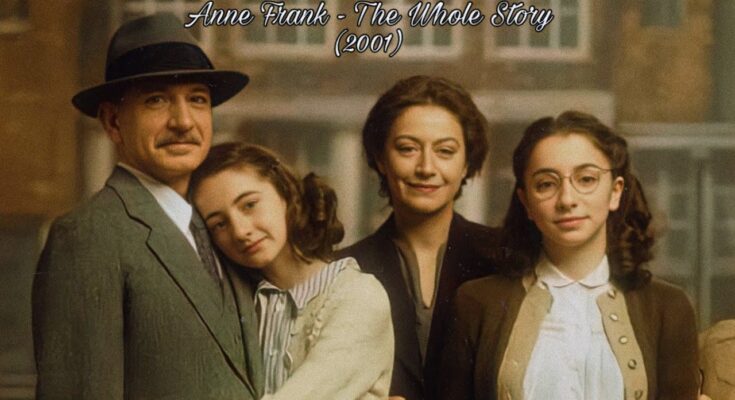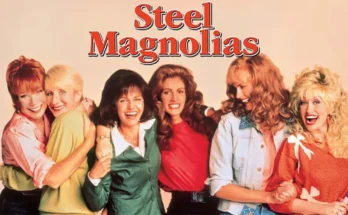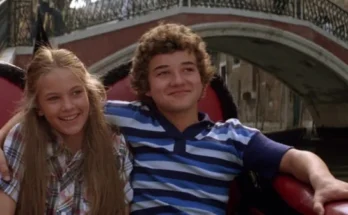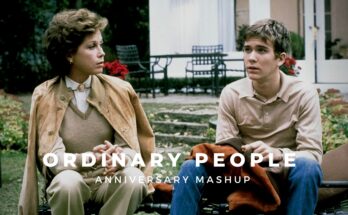Genre: Historical Drama | Biographical | War | True Story
Anne Frank: The Whole Story (2001) is an emotionally resonant and deeply respectful miniseries that expands on the well-known diary of Anne Frank, offering a broader, more detailed look at her short yet impactful life and the unimaginable tragedy faced by millions during the Holocaust. Directed by Robert Dornhelm and based on Melissa Müller’s biography, this two-part television film goes beyond the pages of Anne’s famous diary to show the world outside the secret annex—before hiding, during hiding, and heartbreakingly, what came after.
The story begins in pre-war Amsterdam, where Anne (Hannah Taylor-Gordon) is introduced as a spirited, imaginative young girl in a loving, middle-class Jewish family. Her father, Otto Frank (Ben Kingsley, delivering a quietly powerful performance), is a devoted father who tries desperately to shield his wife Edith (Tatjana Blacher) and daughters Anne and Margot (Jessica Manley) from the rising tide of Nazi persecution.
When the Nazi occupation of the Netherlands makes life increasingly dangerous, Otto arranges for the family to hide in the concealed annex above his company’s offices. Along with the Van Pels family and dentist Fritz Pfeffer, the Franks live in stifling secrecy, dependent on trusted friends for food and news from the outside.
Where the original Diary of Anne Frank adaptations focus almost entirely on the time in hiding, Anne Frank: The Whole Story widens its lens to include Anne’s life before the annex—her carefree days with friends, her education, her budding adolescent confidence—and, crucially, the horrific aftermath of discovery. The film does not stop at the arrest. Instead, it follows Anne and her family through the terrifying final chapters of their story: the brutal transit, the starvation and disease in Westerbork and Auschwitz, and the sisters’ final days in Bergen-Belsen.
Hannah Taylor-Gordon’s portrayal of Anne is luminous, balancing Anne’s precocious wit and restless energy with her quiet fear and forced maturity. She gives Anne a depth that reminds us she was more than just a symbol—she was a child, growing up under a shadow that no child should ever know.
Ben Kingsley’s Otto Frank anchors the story with quiet dignity, capturing the heartbreak of a father powerless to protect his family yet determined to keep Anne’s voice alive after her death. The supporting cast brings humanity to all the characters in the annex, showing their moments of pettiness, humor, hope, and despair as they live in claustrophobic fear for over two years.
The miniseries is shot with an unflinching eye for detail—dreary Amsterdam streets, cramped hiding spaces, the stark horrors of the camps. Dornhelm refuses to soften the grim realities, making the final chapters all the more devastating. The final scenes at Bergen-Belsen are particularly wrenching, underscoring the human cost behind Anne’s unfinished diary pages.
Anne Frank: The Whole Story is not easy to watch, but it is necessary. By refusing to end where the diary ends, it honors not just Anne’s words but her life—and the lives of so many who shared her fate but never had a chance to be heard. It’s a testament to the enduring power of her story and a reminder that behind every line in her diary was a young girl with dreams, laughter, and courage that outlived the walls meant to silence her.
More than two decades later, the miniseries remains a moving tribute—thoughtful, devastating, and deeply human. It asks us not to look away and, like Otto Frank did for his daughter’s diary, keeps the light of Anne’s voice burning bright in a world that must never forget.Tools



